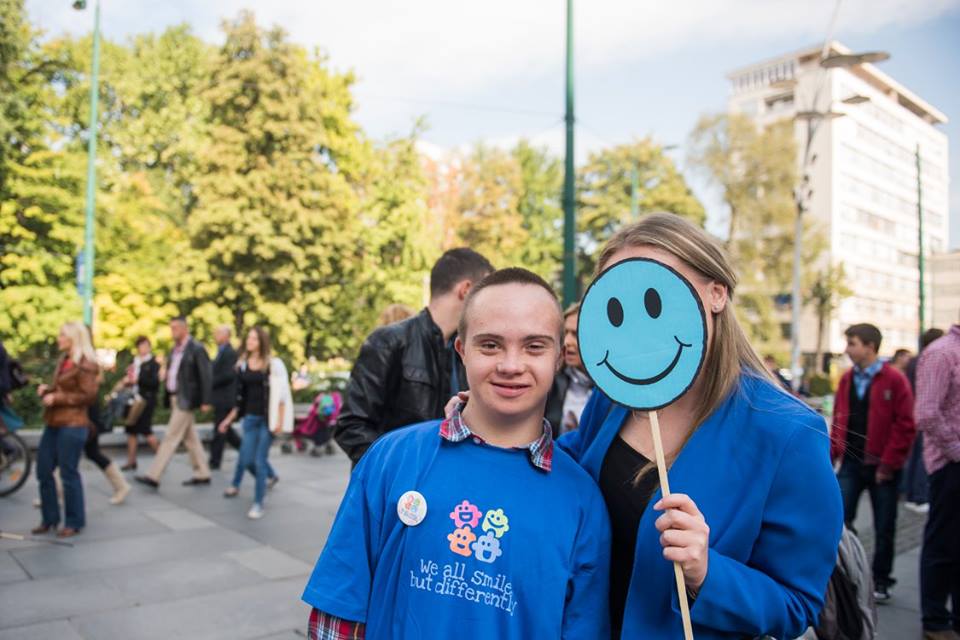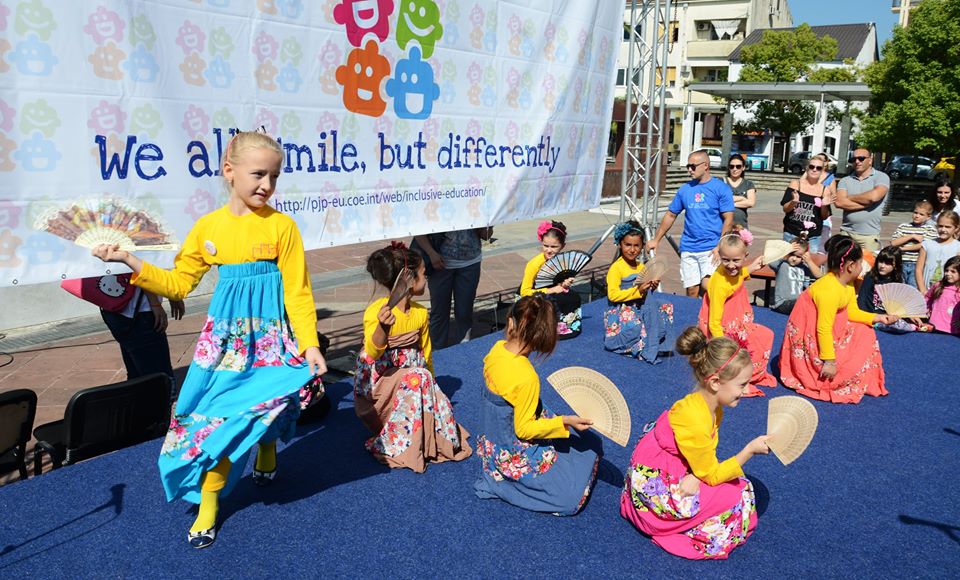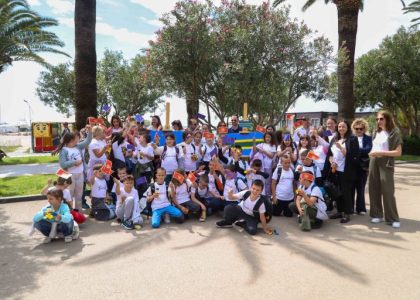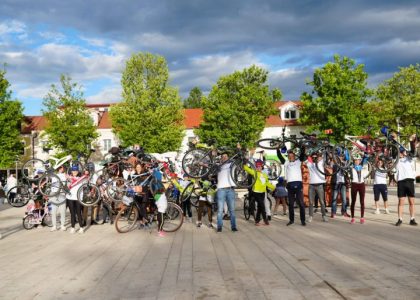“When I grow up, I want to be the minister for health. If that doesn’t work, I’d like to be a football player.” For Saud, a boy who attends an inclusive school in Mostar, Bosnia and Herzegovina, it doesn’t matter what your background is. “The most important thing is what kind of human you are inside, at heart. We are all the same,” he believes.
Saud’s mother died and his father was hospitalized due to mental illness, but Saud is determined to succeed and fulfil his dreams. His school is one of 49 pilot inclusive schools across Southeast Europe involved in the “Regional Support for Inclusive Education” programme, which is supported by the European Commission and the Council of Europe. His school is helping him to integrate fully into society and his teacher was trained to respond his needs.
 The project highlights the role of education and training in promoting social inclusion and human rights. It targets kids who are at higher risk of marginalization and exclusion. For the European Union, inclusive education is a matter of basic human rights. All members of society are important for a healthy democracy, and marginalized and potentially vulnerable groups deserve special attention. Inclusive schools cater for all children, adapting teaching practices and materials to their individual needs and abilities. In these schools every child is welcomed, every parent involved and every teacher valued.
The project highlights the role of education and training in promoting social inclusion and human rights. It targets kids who are at higher risk of marginalization and exclusion. For the European Union, inclusive education is a matter of basic human rights. All members of society are important for a healthy democracy, and marginalized and potentially vulnerable groups deserve special attention. Inclusive schools cater for all children, adapting teaching practices and materials to their individual needs and abilities. In these schools every child is welcomed, every parent involved and every teacher valued.
The programme covers seven countries: Albania, Bosnia and Herzegovina, Croatia, Montenegro, Serbia, the former Yugoslav Republic of Macedonia and Kosovo*. Seven schools where selected for pilot activities in each country: three primary schools, two general secondary schools and two vocational secondary schools. Each school received a small grant to design and carry out an inclusive education-related project within their community.
Regional cooperation is the ideal approach, since the contexts, issues, priorities and needs are similar in all countries of the Western Balkans, Schools have been able to share experiences and ideas with their colleagues in neighbouring countries. Teachers have organised open classes, mentoring meetings and study visits to other schools in the region. “This project changed the meaning of word ‘inclusion’. This is a new way of working, of living and behaving, based on mutual cooperation and support,” said one teacher.

Students and teachers at the Pljevlja General Secondary School in Montenegro have set up a radio station that produces and broadcasts programmes on the school campus. Kanita, a student in the inclusive programme, hosts a monthly show dedicated to inclusion. It is a unique opportunity for them to talk openly about their experiences as people with disabilities. “In inclusive school every child is respected and for me it means we all belong together,” explains Kanita.
Three regional platforms were established by the project: PolicyNet, for policy dialogue, and SchoolNet and TeacherNet for peer learning and support. Thanks to the experience gained in these pilot schools, policy makers now have evidence-based proposals for implementing and scaling up effective practices, paving the way for a bright, inclusive future for all schools in the region.
* This designation is without prejudice to positions on status and is in line with UNSCR 1244 and the ICJ opinion on the Kosovo Declaration of Independence.


